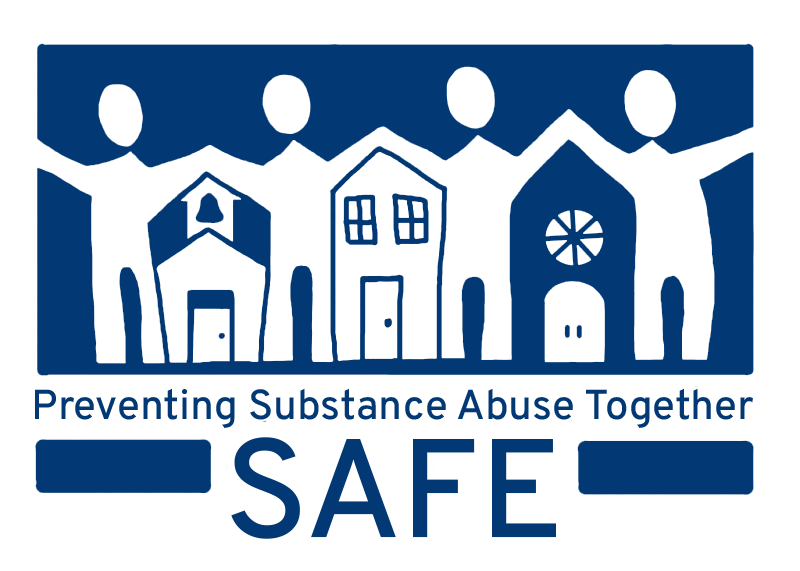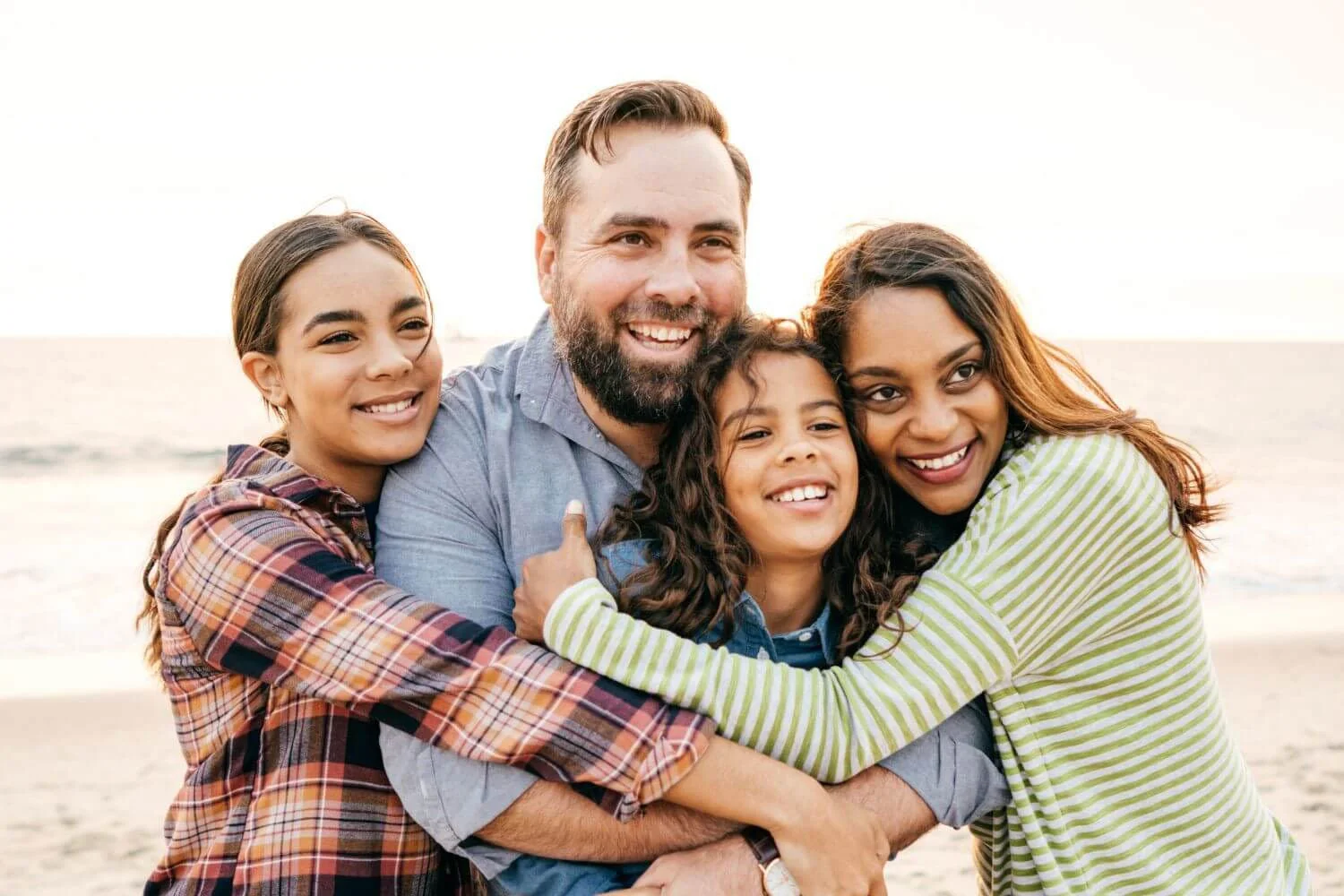Resources for Parents to Combat Teen and Youth Substance Use
Supporting teens and youth through the challenges of growing up includes having honest conversations about substance use—and knowing where to turn for guidance. Whether you're unsure how to start the conversation, looking for facts about substances like fentanyl or vaping, or seeking professional help, having the right resources can make all the difference. This guide brings together trusted tools, tips, and support to help parents navigate this critical part of raising healthy, informed, and resilient young people.
For a comprehensive list of accredited substance abuse rehab centers, please visit: https://rehabnet.com.
Drugs & Alcohol
Drug facts and definitions from the National Institute on Drug Abuse (NIDA).
Latest science-based information about drug use, health, and the developing brain from the National Institute on Drug Abuse.
Hidden in Plain Sight: Information on signs of youth substance misuse.
Growing up drug free: A parent’s guide to substance abuse prevention.
Tobacco & Vaping
General Information About E-Cigarettes (Vapes) from the CDC
E-Cigarette Use Among Youth from the CDC
How to Talk With Teens About Vaping
What Families Need to Know to Help Protect Children, Teens and Young Adults
Talk with Your Teen About E-cigarettes: A Tip Sheet for Parents
Quit Now Virginia: Call 1-800-QUIT-NOW or visit QuitNowVirginia.org
This is Quitting: Text DITCHVAPE to 88709. Parents can text QUIT to 847-278-9715 to sign up to receive text messages designed specifically for parents of vapers.
Smokefree.gov: Text QUIT to 47848 or Download the quitSTART app.
Cannabis/THC
General Information About Marijuana from the CDC
Marijuana: What You Need to Know to Help Protect Children, Teens and Young Adults
Talking With Your Teen About Marijuana
Fentanyl and Opioids
Synthetic opioids, such as fentanyl, account for the vast majority of overdose deaths in America. In 2023, almost 80% of overdose deaths in Virginia were attributed to fentanyl and fentanyl analogs. Fentanyl is often combined with other illicit substances and used to create fake prescription pills without the user's knowledge. It is now more important than ever to know the risk of contamination of street drugs, signs of an overdose, and to carry naloxone.
National Coalition Against Prescription Drug Abuse

